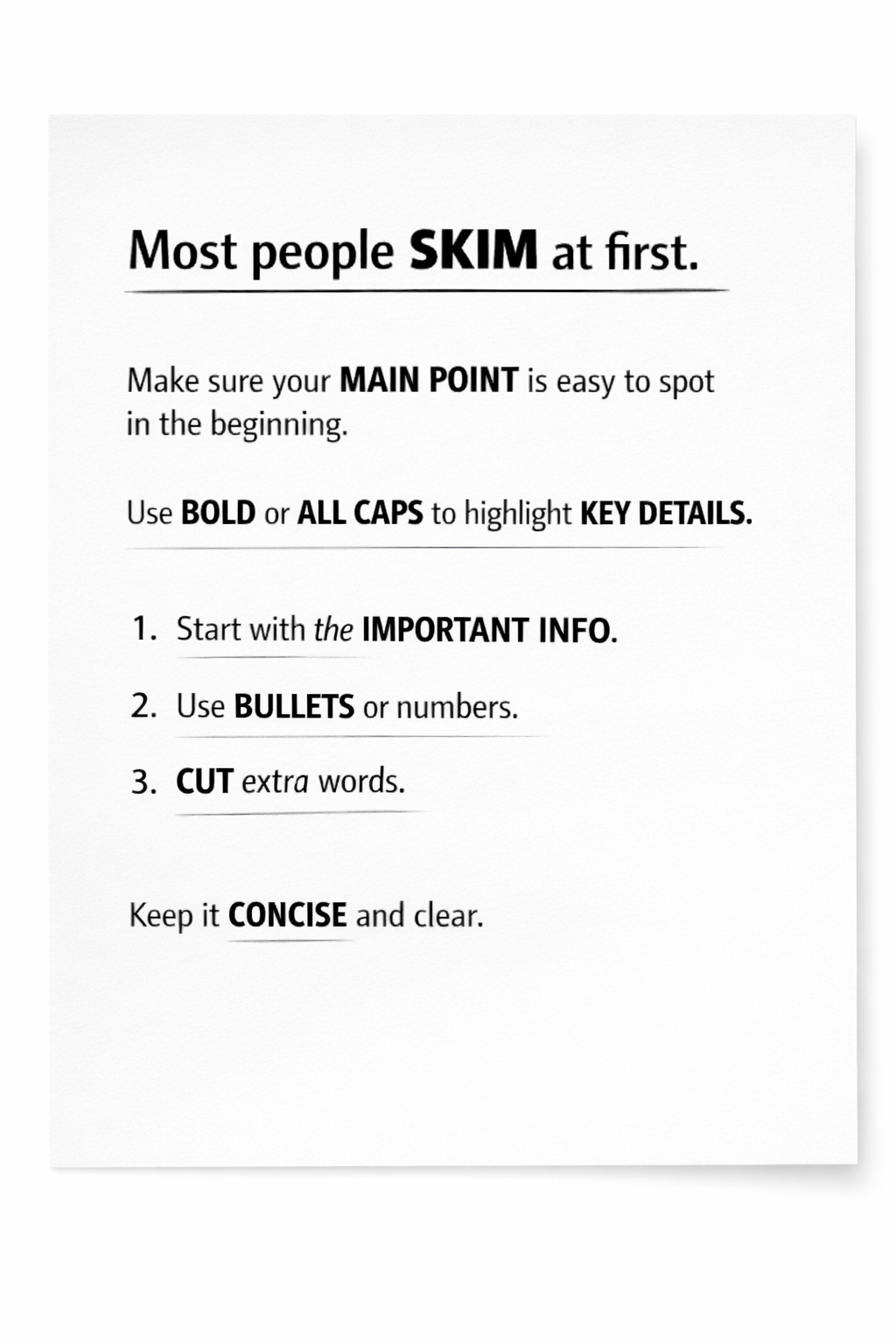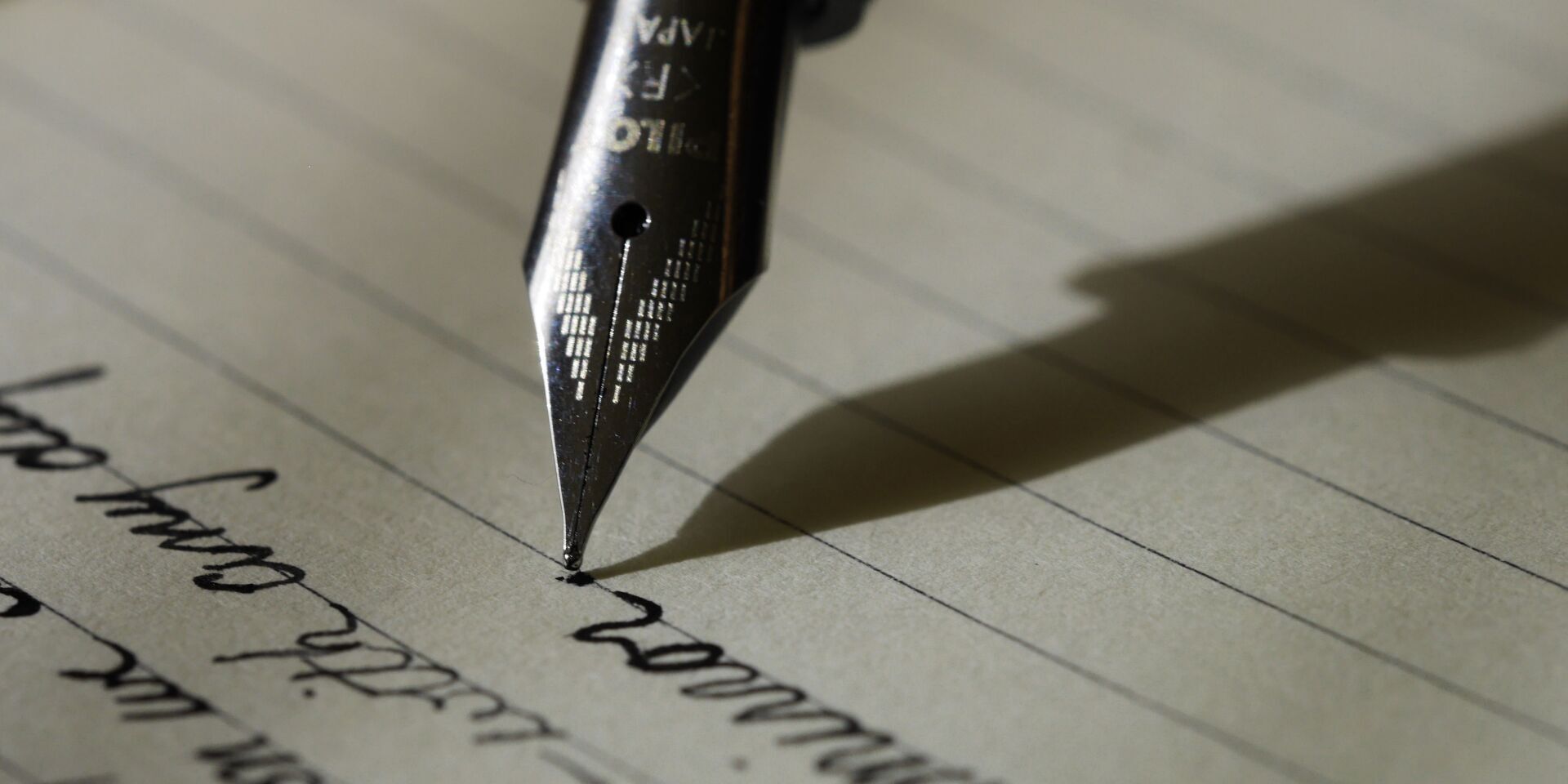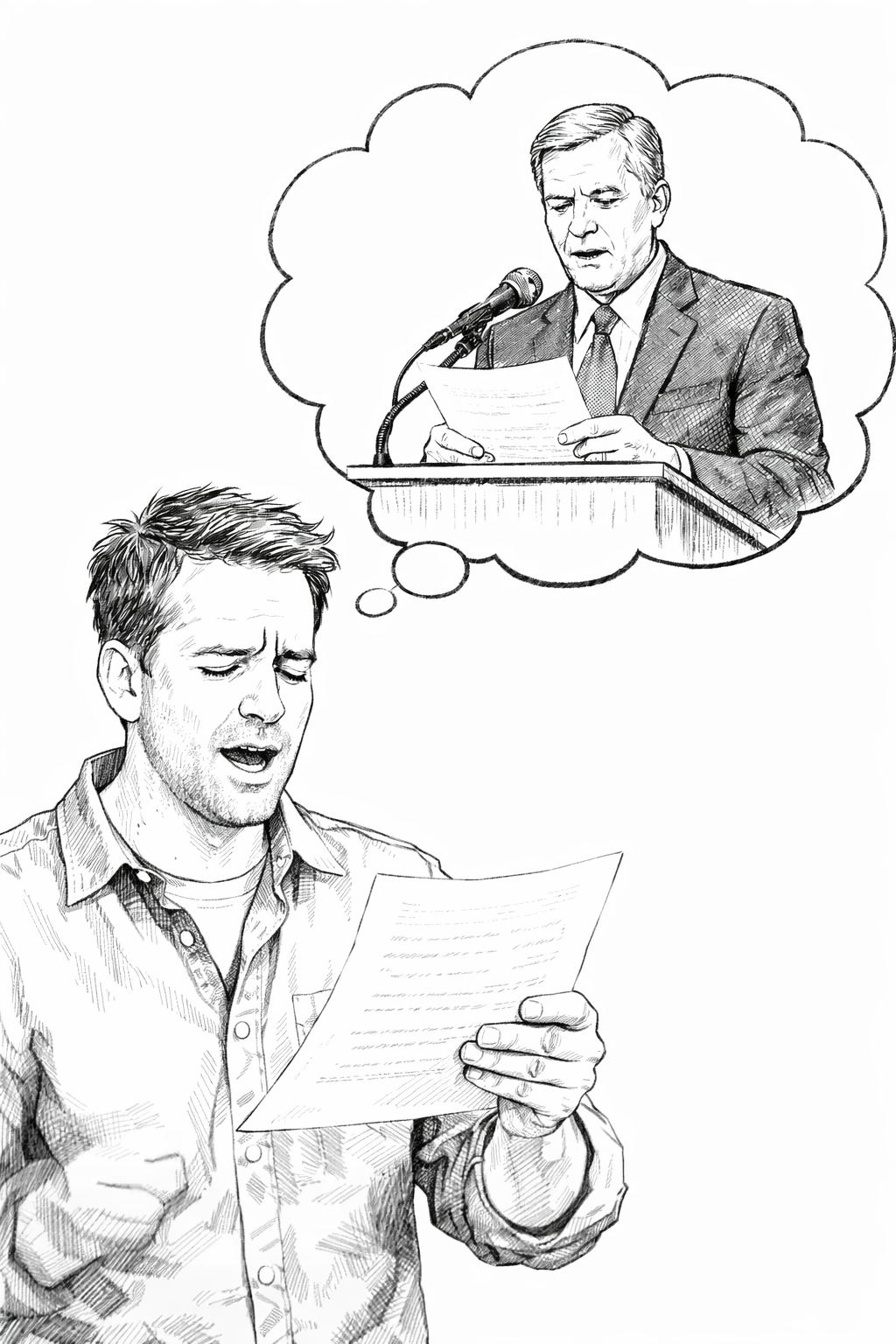Nib #22: To Find Your Writing Style, Be a Butler
When Anthony Hopkins was researching his role as a butler in The Remains of the Day, a longtime servant at Buckingham Palace told him: “There’s nothing to being a butler, really; when you’re in the room, it should be even more empty.”
I tell this story every time a young writer asks me how to develop “my own writing style.” Because the best advice I can give him is, “You shouldn’t.”
The way to find your writing style is to try not to have one.
To explain.
The purpose of writing is winning your audience — readers enjoying your story, agreeing with your argument, comprehending your message, appreciating your note.
Style only matters to the extent it serves a composition’s purpose… which should be communicating truth… which is achieved by transparent, not adorned, language.
This is not to say all writers should imitate Ernest Hemingway and use only curt, spare sentences. (After all, William Faulkner’s stream-of-consciousness style told his non-linear stories of people haunted by time and memory. And Tom Wolfe’s pyrotechnic style told his stories about this “wild, bizarre, unpredictable, hog-stomping, Baroque country of ours.”)
Rather, writers should surrender themselves — the “my own” part of “my own writing style” — to the writing. Don’t try to write with “style;" write instead with honesty and humility.
Focus on the work. Cut out all the look-at-me word choices and aren’t-I-clever references and turns of phrase. Strip down the language to its purest essence. You’ll find the writing will start to say what you really meant to say, and with more clarity, force, and style than it ever did before.
To find and infuse your writing with your own personal style, make the page “more empty” — of yourself. Next time you sit down at your keyboard, don’t try to be a stylist. Be a butler, and the style will take care of itself.
Until next week… keep writing!











